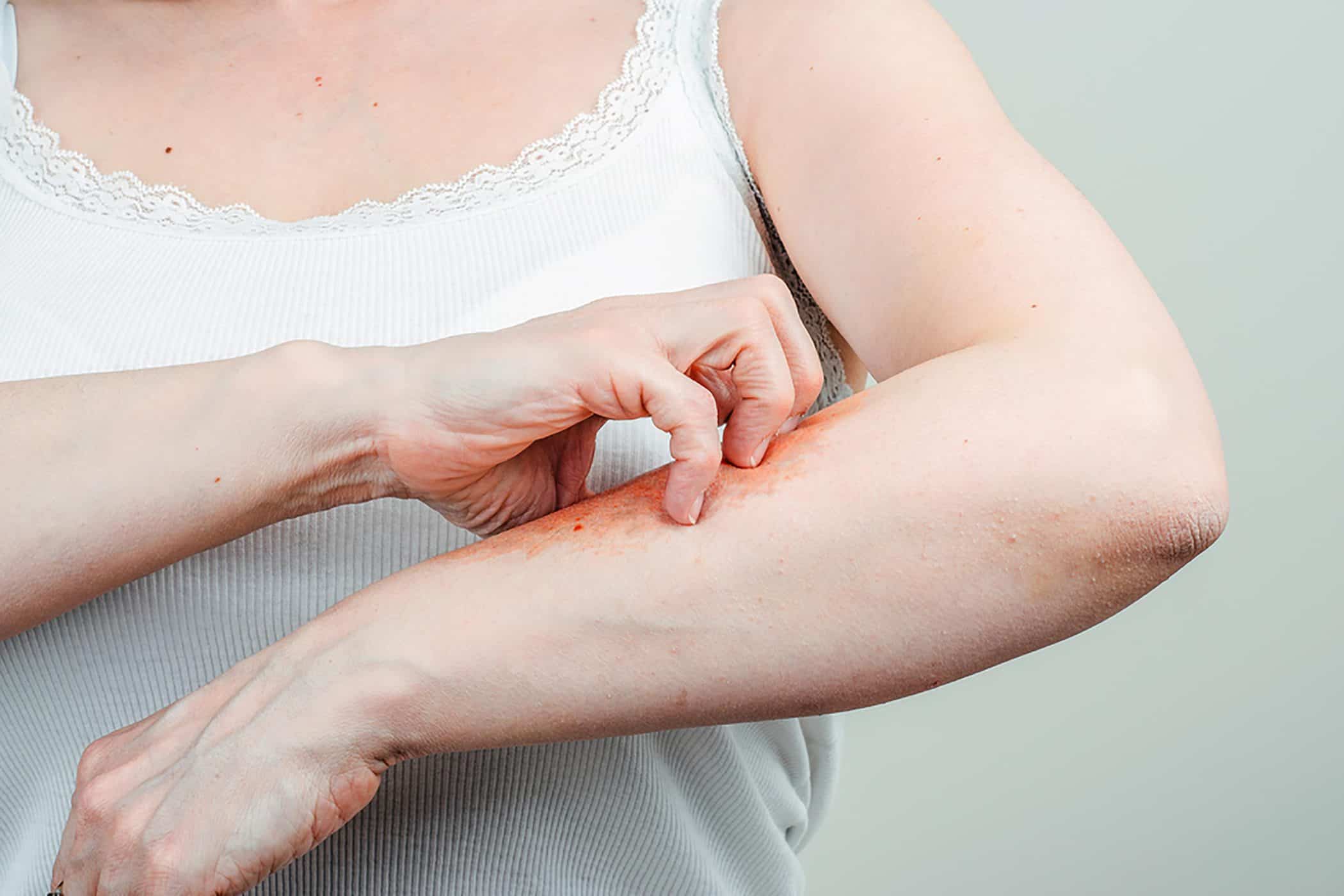Contents:
Medical Video: TTGO (Toleransi Glukosa Oral)
Definition
What is TTGO (oral glucose tolerance)?
Oral glucose tolerance test (OGTT) or an oral glucose tolerance test is a test that functions to measure the ability of a sugar (glucose) to function as the body's main energy source. The oral glucose tolerance test also functions to diagnose prediabetes and diabetes, especially diabetes during pregnancy (gestational diabetes).
When should I take TTGO (oral glucose tolerance)?
Generally doctors will advise pregnant women to do this test to diagnose gestational diabetes. Tests are usually carried out during the 24th to 28th week of pregnancy. This test is also recommended for adults who are suspected of having diabetes.
Prevention & warning
What should I know before undergoing TTGO (oral glucose tolerance)?
Even though gestational diabetes is cured after you give birth, you are still at risk of developing gestational diabetes again during your next pregnancy or at risk of developing type 2 diabetes. You are advised to take this test 6 to 12 weeks after giving birth or after you stop breastfeeding. If the test results are normal, you are still advised to retest 3 years later.
Process
What should I do before undergoing TTGO (oral glucose tolerance)?
Make sure that your diet is organized several days before doing this test. Tell your doctor if there is another treatment, because this treatment might affect your test results. Eight hours before the test is done, you are not allowed to eat or drink anything. You may be advised to fast at night if the test you are doing is scheduled for the morning.
What is the process of TTGO (oral glucose tolerance)?
The following are the steps when the test is carried out:
- Your blood will be taken as a sample. The blood taken is blood when you fast, which functions as a comparison
- You will be asked to drink something sweet, you should drink it quickly. Your standard drinking glucose usually ranges from 75 to 100 grams
- Your blood sample will be taken back after 1, 2, or 3 hours after you have taken glucose. Sometimes this blood sample is also taken at 30 minute intervals for up to 3 hours after you drink glucose.
What should I do after undergoing TTGO (oral glucose tolerance)?
You may feel dizzy or weak from not eating. Therefore, you must eat something after the test is done. Your condition will return to normal after the test is complete. Your doctor will explain the results of the test and the right treatment or maybe another type of test. Follow the directions given by your doctor.
Explanation of Test Results
What do the test results mean?
Normal scores on this list (called reference ranges only serve as a guide. This range varies from one laboratory to another, and your laboratory may have a different normal score. Your laboratory report will usually contain what range they use. Your doctor will also check your test results based on your health condition and other factors, which means that if your test results are in the abnormal range in this guide, it could be in your laboratory or for your condition the score is in the normal range.
| Normal glucose test results | ||
| 75 g of glucose | Duration of fasting: | Less than or equal to 100 milligrams per deciliter (mg / dL) or 5.6 millimoles per liter (mmol / L) |
| 1 hour: | Less than 184 mg / dL or less than 10.2 mmol / L | |
| 2 hours: | Less than 140 mg / dL or less than 7.7 mmol / L | |
You have prediabetes if your test results are 140 to 199 mg / dL (2 hours after the test is done).
But to check gestational diabetes in pregnant women, the American Diabetes Association recommends a list of glucose values as below:
| Test range for diagnosing gestational diabetes | ||
| Duration of fasting: | Numbers to indicate diabetes | |
| 75 g of glucose | More than or equal to 92 mg / dL or 5.1 mmol / L | |
| 1 hour: | More than or equal to 180 mg / dL or 10.0 mmol / L | |
| 2 hours: | More than or equal to 153 mg / dL or 8.5 mmol / L | |
| 100 g of glucose | 3 hours: | More than or equal to 140 mg / dL or 7.8 mmol / L |
High test results numbers
If your glucose level is high, it can be caused by:
- diabetes
- gestitational diabetes
- hyperthyroidism
- some drugs, such as corticosteroids, niacin, phenytoin (dilantin), diuretic drugs, or some drugs to treat high blood pressure, HIV or AIDS
The number of test results is low
If your glucose level is low, it can be caused by:
- certain drugs, for example drugs to treat diabetes, drugs for blood pressure (eg propranolo), and drugs to treat depression (isocarboxazid)
- low production of the hormones cortisol and aldostrerone (Addison's disease)
- problems with the thyroid gland or pituitary gland
- tumor or other problems in the pancreas
- liver disease
- other conditions that can affect glucose levels in the blood. Discuss with your doctor if unusual symptoms occur
Hello Health Group does not provide medical advice, diagnosis or treatment.











